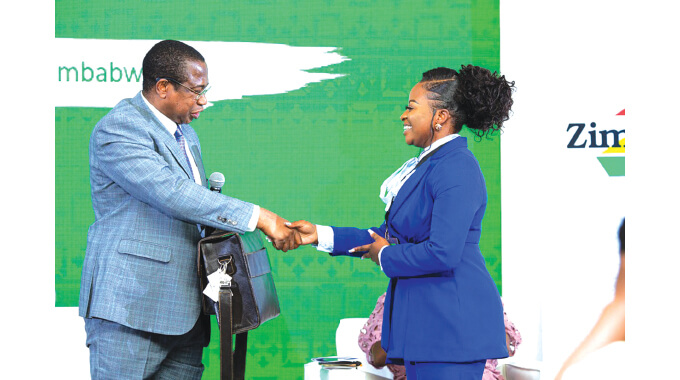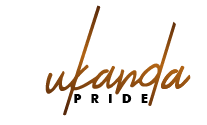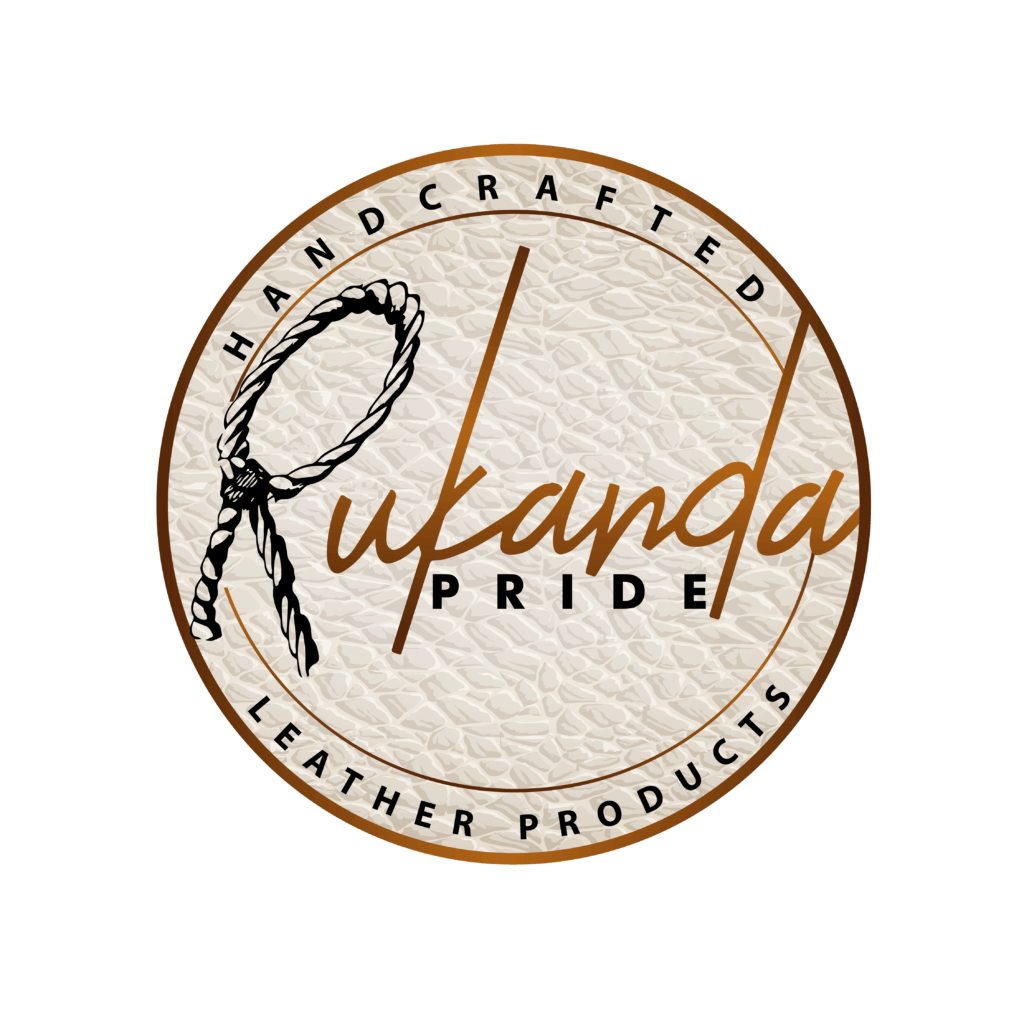
RUKANDA Pride, an indigenous leather products manufacturing firm, says it is looking at broadening its
product reach beyond Zimbabwean borders, with immediate efforts being made to tap into the Sadc
market.
The youthful company, which was established around 2016, is pursuing growth and expansion strategies
in an endeavor to supply its eminent leather products outside the country.
Owned by a 27-year-old female, entrepreneur, Paula Marowa, the business has slowly been gaining
momentum in the local market producing a range of handmade products including including boots, wallets, handbags, and belts. Also dominant in its product range are shoes like Oxfords, monk straps, loafers, and moccasins, which can easily compete with exotic brands even from Europe
According to Ms Marowa, the founder and executive director of Rukanda Pride the local market reception
has been encouraging considering the good product feedback in an interview, Ms Marowa said “she desired to grow the industry and produce extensively to meet the impending growth.” She said the company’s local market share was improving significantly and would want to see the country
produce its own luxury shoe brands, which may help in curbing foreign exchange bills expended on
importing expensive shoe brands
“We now have distributors in Zambia coming from the exposure we got from Zambia International Trade
Fair, which is the only international trade fair we attended this year, and we are set to travel to Botswana
for the global expo, but we are aiming at the whole SADC region
“We seek to grow, expand, and be innovative enough to deliver remarkable real leather products that
satisfy today’s customer,” said Ms Marowa
Zimbabwe International Trade Fair (ZiTF), Harare Agriculture Show, and Sanganai Hlanganani.
However, she indicated that her company had been carrying out operations with the available finances in
their coffers but had a long-term vision to approach financial institutions for financial injection to boost
“We have been bootstrapping, investing in the business by plowing back our profits, but in the future,
we need to have funding because we need to start doing mass production to get into the export market,
capacity.” she said
Ms Marowa indicated that her business had the advantage of having raw materials readily available locally, from goat, sheep, and cattle skins.
“We are using leather that does not require us to have a license like a goat and sheep skins mainly
for jackets and then cattle skins for shoes and bags because we have not had access to a license to be
able to use game skins.
The business has doubled its manpower from four in 2018 to eight currently.
She said running such a business as a youthful female entrepreneur comes with different challenges
“Out there people make it look easy but it is not a bed of roses, it, however, creates a sense of
responsibility and pride that I am female and young, and it’s motivating. The perception out there has been that young females are all into ‘blessers’ but no, there are young people who are hard-working out there.” she added.

